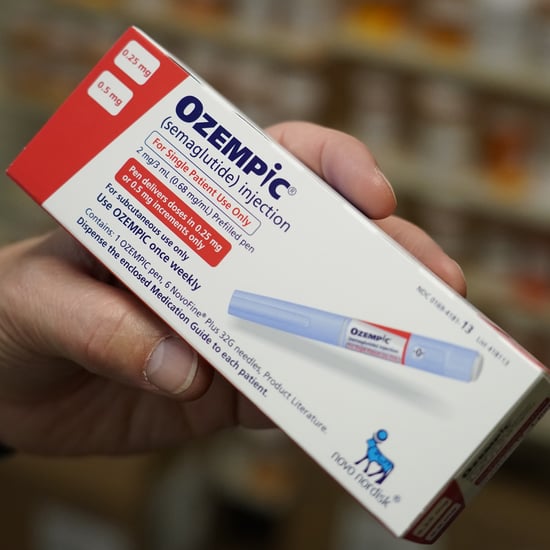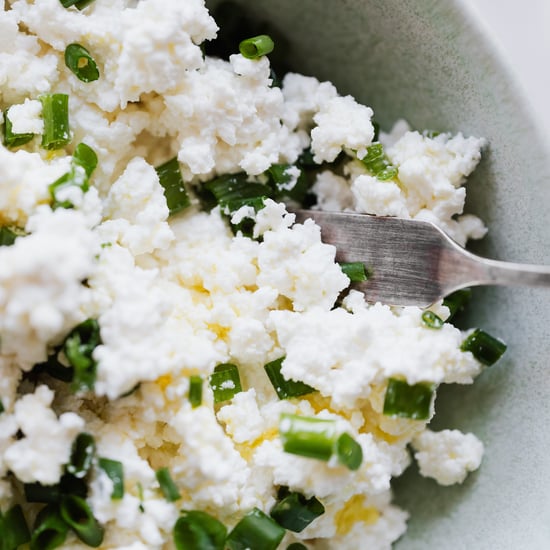Are Peanuts Good For Weight Loss?
Why Peanuts Are Actually a Really Smart Snack For Weight Loss

After months of staying at home with unlimited access to snacks and fewer opportunities to get in those steps, no one could blame you if you're holding onto a few extra pounds heading into 2021. We're all doing what's necessary to get through this time, and that's more than enough. But if you want to feel healthier and better manage your weight in the new year, choosing nutritious, satisfying foods is key. And, believe it or not, the humble peanut is one food that fits the bill.
How Do Peanuts Help Support Weight Loss?
While everything from sleep to stress to those elusive steps plays a role in weight loss, the foods you eat are crucial in helping you achieve a healthy calorie deficit. Here's how peanuts may do just that.
1. The nutrients in peanuts help curb hunger. Peanuts used to get a bad rap because of their fat content (an ounce of peanuts contains 14 grams of fat), but we know now that eating fat doesn't necessarily lead to weight gain. It's the type of fat that matters — and because most of the fats found in peanuts are the healthy, monounsaturated variety, chowing down on a handful is certainly not detrimental to your diet.
In fact, the fats in peanuts can help you lose weight, specifically by promoting satiety. Combined with the fibre and protein found in these healthy nuts, fats can help keep you fuller longer, which can mean that you take in fewer calories from other foods. In one study, women who snacked on peanuts consumed fewer sweets than those who didn't.
2. Peanuts may help you burn more calories, even at rest.
When our bodies are not active, they can still burn energy, or calories — a number known as resting energy expenditure (REE). And just like the calories you eat, the number of calories you burn can help put you in the deficit that's necessary for weight loss. Fun fact about peanuts: eating them may literally increase REE! In one study, those who ate peanuts for eight weeks instead of other fat sources experienced an 11 percent increase in their REE.
How to Include More Peanuts in Your Diet
If you're trying to taper the weight gain you've experienced, sitting in front of the TV with a jar of crunchy peanut butter and a spoon isn't the best move, even though that sounds divine. Peanuts can be a part of a healthy diet, but like every other food under the sun, you need to eat the appropriate portion size.
One way that many people eat peanuts is by combining them with a healthy carbohydrate. For example, you might eat a handful of peanuts along with a fresh apple for a balanced and healthy snack, or smear some peanut butter on a slice of whole-grain bread. The carbs fuel the body with energy, while the fat and protein from the peanuts can slow digestion and help keep you feeling fuller longer. Some other clever ways to get your peanut fix:
- Use a scoop of peanut butter as a protein source in smoothies.
- Combine peanuts with raisins for a healthy trail mix.
- Enjoy creamy peanut butter as a pasta sauce base, served with whole-grain noodles.
- Add crushed peanuts to a salad for a satisfying crunch.





